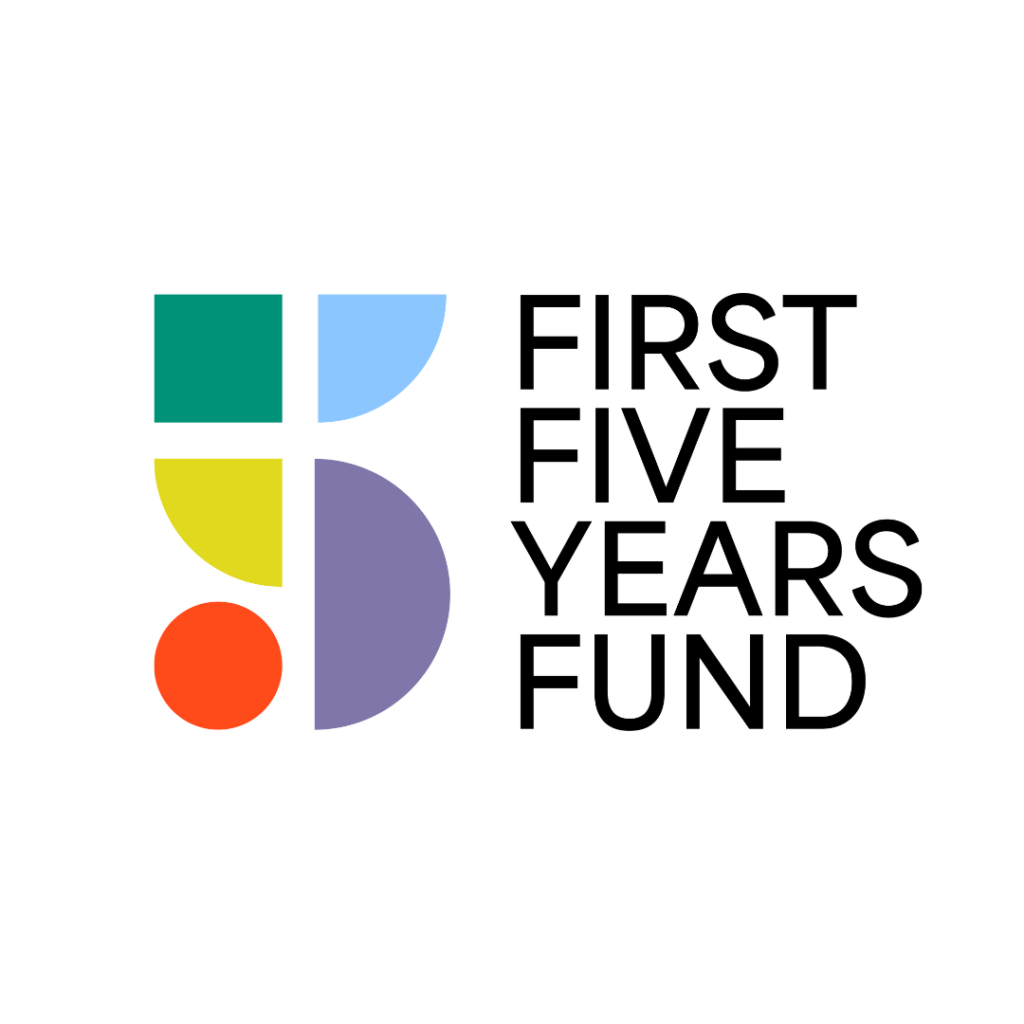Bipartisan Budget Passed By Congress Extends Critical Support For Federal Home Visiting Program
ipartisan bill secures five-year reauthorization for MIECHV, negotiates doubling funding for CCDBG
WASHINGTON – Early this morning, Congress passed a bipartisan budget bill, which includes an agreement to increase domestic spending caps and contains substantial victories for America’s young children from birth through age five. Notably, the Maternal, Infant, and Early Childhood Home Visiting (MIECHV) program, which expired in September of 2017, was reauthorized for five years, alongside other health extenders. This critical program provides funds to states and local grantees for developing and implementing voluntary, evidence-based home visiting programs to support at-risk families.
A deal made by Senate Majority Leader Mitch McConnell and Minority Leader Chuck Schumer as part of negotiations on this budget bill also included $5.8 billion in funding over two years for the Child Care and Development Block Grant (CCDBG) program. This would effectively double the program’s discretionary funding and enable important improvements to child care quality standards, which were initially approved by a bipartisan majority of Congress in 2014. These block grants are administered by the Office of Child Care and the Department of Health and Human Services.
First Five Years Fund (FFYF) interim executive director Sarah Rittling issued the following statement in response:
“We applaud Congress for reauthorizing the MIECHV program–a bipartisan, evidence-based initiative that strengthens families across the country. Voluntary home visiting programs, like those made possible by MIECHV funding, provide critical support for parents seeking support and mentoring to help become their child’s first and best teachers and caregivers. We are grateful to the lawmakers on both sides of the aisle who remained committed to an extended reauthorization for this vital program.”
“On top of this, the deal negotiated by bipartisan Senate leadership for a significant funding increase for CCDBG will vastly expand access to high-quality child care for low-income families. This increased investment will improve the consistency and quality of care while allowing parents to work or attend school. We are encouraged that lawmakers recognize the difference that access to child care can make in a child’s development, and we appreciate their commitment to dedicating resources for investments that are proven to return significant dividends to children, their families, and society at large.”
In late 2016, FFYF published a policy framework recommending federal policymakers increase support for established early childhood education programs. The framework also recommended the establishment of a well-financed continuum of high-quality education and care initiatives from birth through age five, calling on policymakers to reach bipartisan consensus on the budget to secure funding for all early learning and care programs. The programs, in addition to MIECHV and CCDBG, included Early Head Start, Head Start, and Preschool Development Grants. Today’s bipartisan accomplishment lays the groundwork to expand these additional critical early childhood programs.
American voters are united in their support for investing in quality early learning and care opportunities. An overwhelming 89 percent of voters support making high-quality education for children from birth to age five, including child care, more affordable for working families. Thanks to the funding priorities established in today’s bipartisan bill, Congress is fulfilling voters’ wishes to provide the nation’s young children a strong start, regardless of socioeconomic background.
The First Five Years Fund provides knowledge, data and advocacy – persuading federal policymakers to make investments in the first five years of a child’s life that create greater returns for all. FFYF helps America achieve better results in education, health and economic productivity through investments in quality early childhood education programs for disadvantaged children. http://www.ffyf.org.
Subscribe to FFYF First Look
Every morning, FFYF reports on the latest child care & early learning news from across the country. Subscribe and take 5 minutes to know what's happening in early childhood education.



